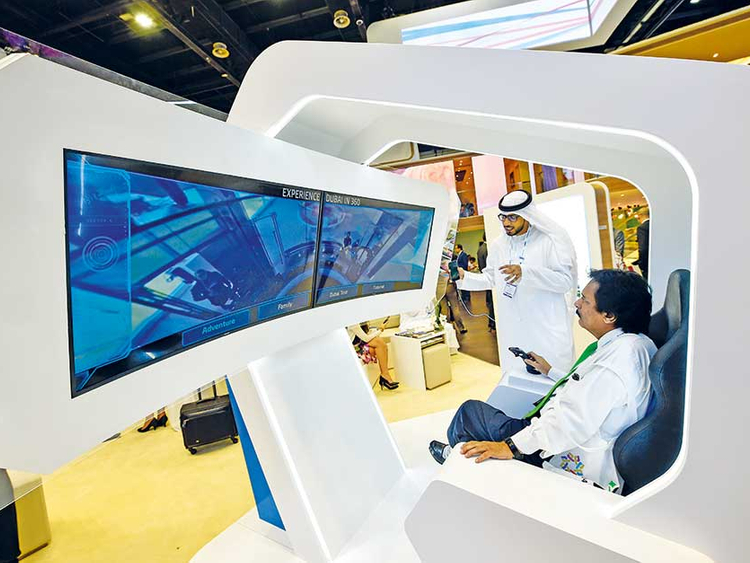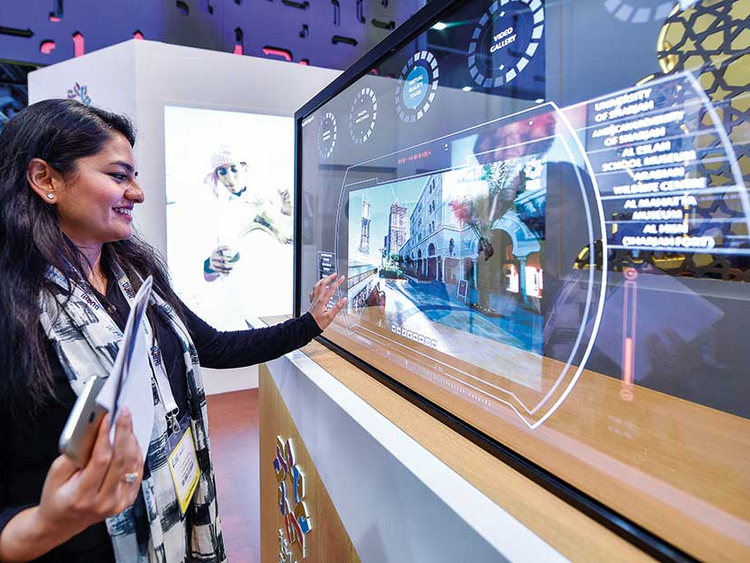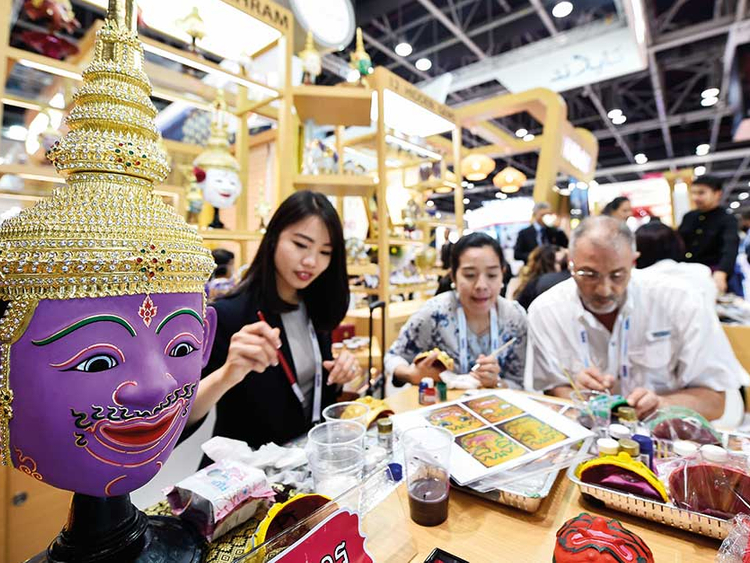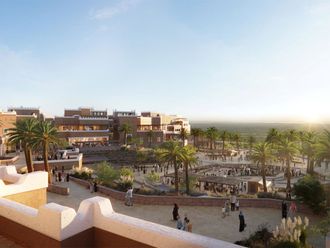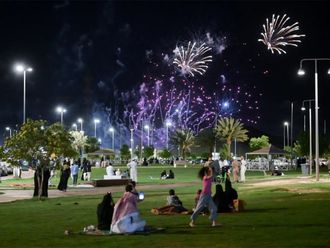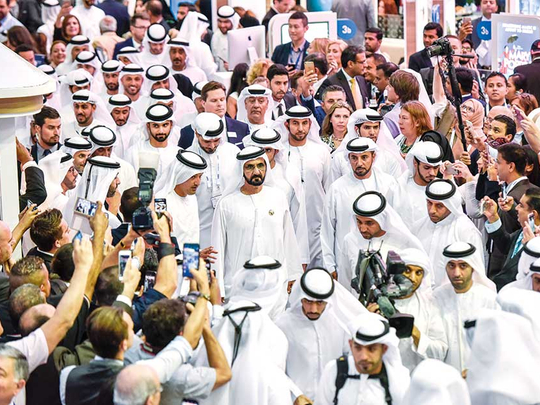
Dubai: The US electronics ban, experiential travel, and mid-market hotels were some of the key trends in focus at the 24th Arabian Travel Market (ATM), an annual hospitality and aviation event, which kicked off on Monday in Dubai.
The event was officially opened by His Highness Shaikh Mohammad Bin Rashid Al Maktoum, Vice President and Prime Minister of the UAE and Ruler of Dubai. He was joined by Shaikh Hamdan Bin Mohammad Bin Rashid Al Maktoum, Crown Prince of Dubai and Shaikh Ahmad Bin Saeed Al Maktoum, President of the Dubai Civil Aviation Authority, and Chairman and Chief Executive Officer of Emirates Group.
The event saw industry professionals and decision makers gather to also discuss growing their presence in the region and ways to mitigate challenges in the market.
At a press conference on the sidelines of ATM, Qatar Airways, for example, announced plans to start direct flights to San Francisco and 11 other new destinations in 2018 as the airline aims to expand its global presence.
Other exhibitors at the event announced new hotels and serviced residences in Dubai, Abu Dhabi, and Egypt. The focus on more affordable hotel accommodation comes amid softening demand for hotels in the UAE on the back of lower consumer spending. The decline in demand comes as more operators launch four- and five-star hotels in the UAE, leaving the supply of mid-market accommodation scarce in the country.
In March 2017, average room rates in Dubai fell around 10 per cent as increased supply of hotel rooms put pressure on hoteliers, according to a recent report from research firm STR.
Another trend in focus at ATM was that of experiential travel, which encompasses travelling for adventure, culture, heritage, wellness, health, and theme parks. Over the next few days, the event is also expected to see announcements from developers and operators across the UAE on new projects as they prepare for Expo 2020, which will be hosted in Dubai.
“With Expo 2020 only three years away, we see dozens of ambitious projects being announced across the UAE. From airports to cities-within-cities, the country has a masterplan for growth and development, including a pipeline of 160,000 hotel rooms, and it is vital that such plans are discussed in forums such as the ATM Global Stage 2017,” said Simon Press, senior exhibition director of ATM.
Industry challenges
But even as developers and operators talk up their growth plans, there are also talks about how to mitigate challenges in the tourism and aviation industries, which have seen a slowdown over the past two years amid slower economic growth globally.
The slowdown is also on the back of a strengthening US dollar (to which the UAE dirham is pegged), which is making the UAE a more expensive destination to most tourists. This is only exacerbated by weakening currencies in key source markets such as Europe, the UK, and Russia.
Another challenge this year in the region’s aviation industry will be the bans introduced by the US; namely the electronics ban and the restrictions on issuing visa for Muslims. At its press conference, Qatar Airways said passenger numbers to the US have seen a slight decline, and that the uncertainty is affecting the carrier’s business, albeit to a small extent.
That’s not the case for Emirates, however, which last week cut flights to the US by 20 per cent.
Costly trips abroad for many due to the stronger dollar, travel restrictions, and shift in consumer trends are all forcing tourism and leisure companies to rethink their approach to the region.
ATM runs until April 27 at the Dubai World Trade Centre, and is expected to welcome over 40,000 industry professionals and 2,600 exhibitors. In its previous edition in 2016, around $2.5 billion (Dh9.18 billion) worth of deals were signed at ATM.
— With additional inputs from Ed Clowes, Staff Reporter


